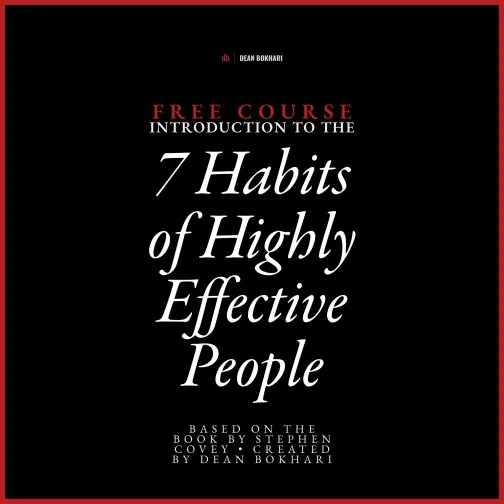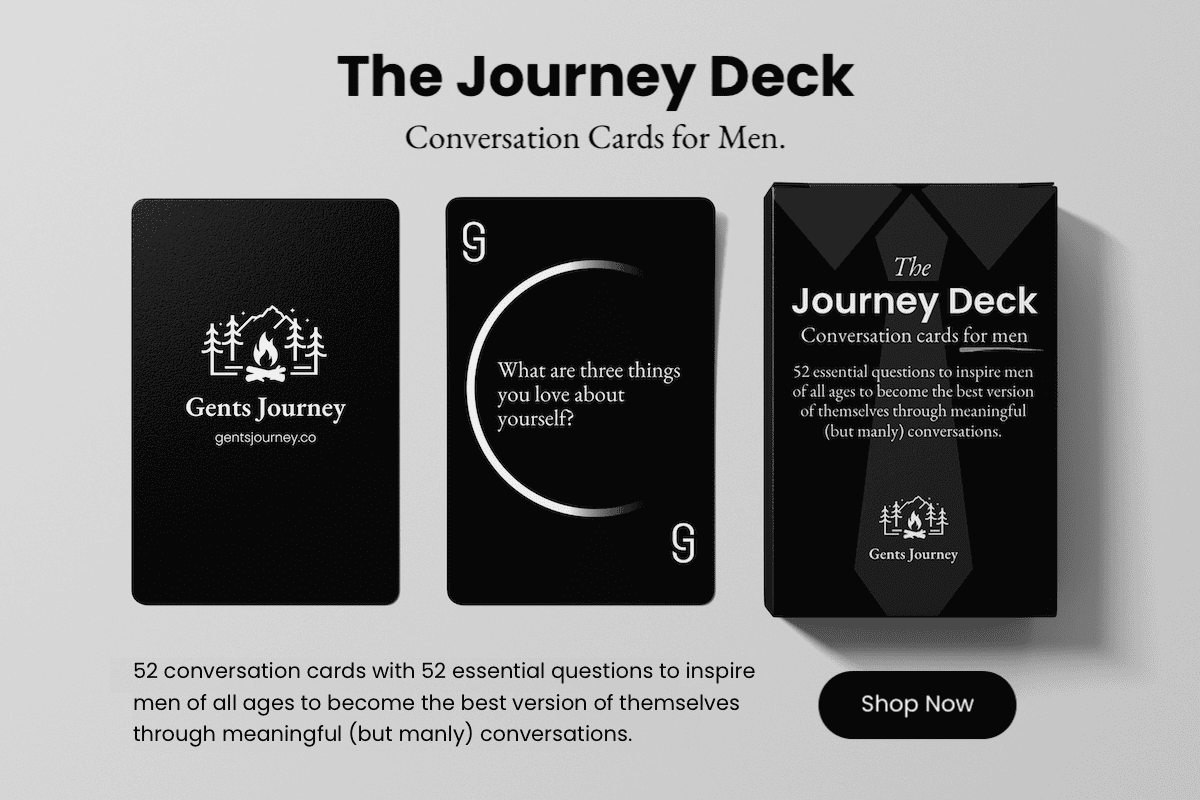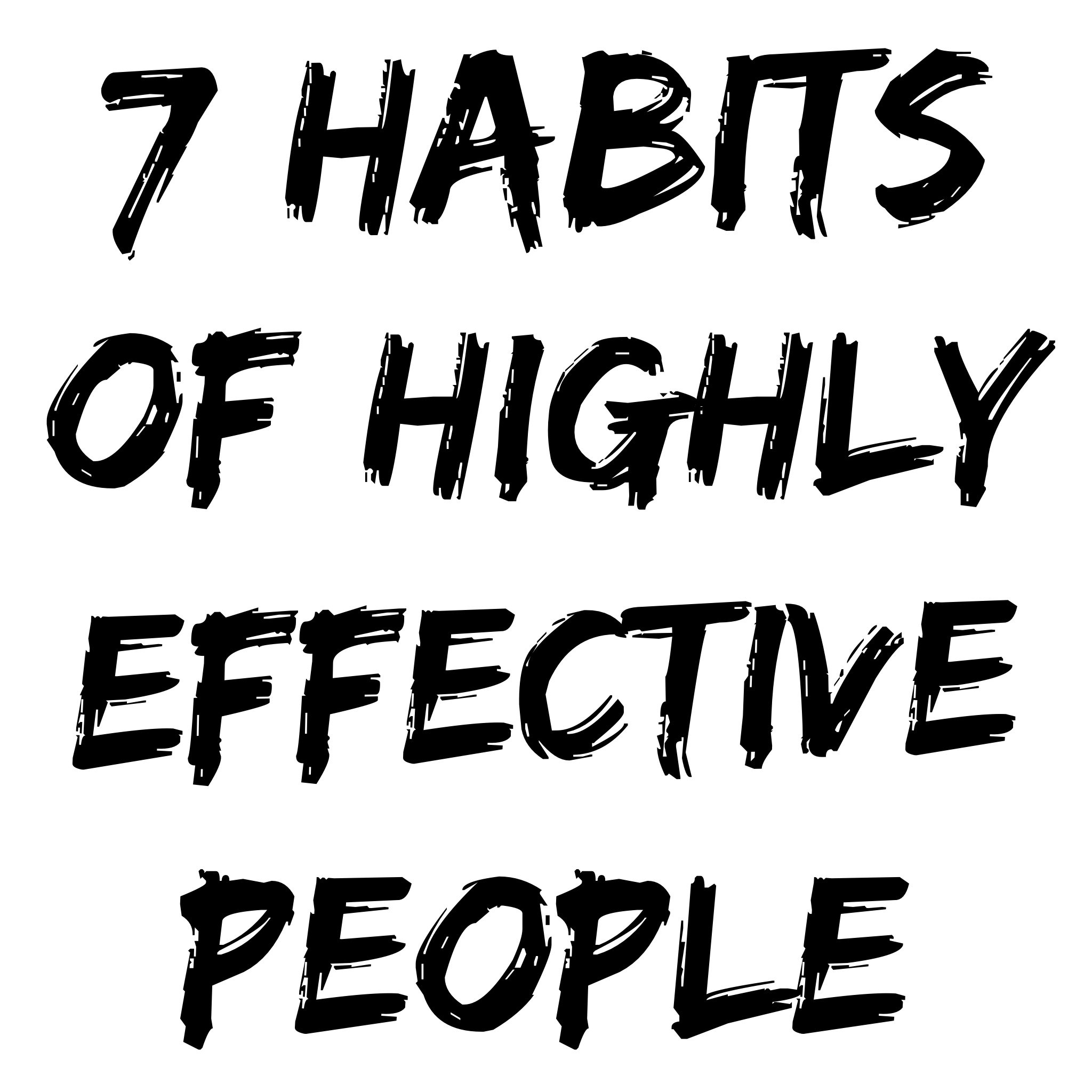What Should a Caregiver Do When Faced with Burnout?
Collaborative Post
Just think about this scenario for just a moment; it’s 2 a.m., and you’re awake again, no, not because you’re a night owl, but because someone you love needs you. Maybe it’s your aging parent, your spouse recovering from an accident, or your child with a disability. But the routine of caregiving has become relentless, and the weight of responsibility feels heavier every day. Honestly, exhaustion doesn’t even begin to describe it.
It just becomes tasks that pile up, you’ve noticed that anxiety is piling up and you wish people knew the right things to say, small moments of relief feel fleeting, and suddenly, you’re not just tired, it’s gotten to the point that you’re burned out.
It’s so important to understand that burnout for caregivers isn’t just about feeling drained; it’s about hitting a wall where physical, mental, and emotional exhaustion take over. Seriously, this isn’t something you bounce back from with a good night’s sleep or a weekend off. In fact, burnout leaves you feeling empty, overwhelmed, and even resentful. No, it has nothing to do with not caring, but because you’ve given so much for so long.
It’s unfortunate, but caregiver burnout just doesn’t get the attention it needs. Instead, caregiving is seen as a duty, and you just deal with that. But you can’t take care of your loved one if you’re struggling to take care of yourself. So, with that all said, what can you even do?
How Burnout Feels Different From Stress
Burnout doesn’t feel like everyday stress. While stress may push you to work harder or find solutions, burnout does the opposite, it leaves you feeling stuck, unmotivated, and completely depleted. You might feel physically ill, mentally foggy, and emotionally detached. But why does it make you feel like a total failure?
Well, many caregivers equate burnout with failure, but it’s actually a sign of just how much you’ve been giving. It’s not about being weak; it’s about the toll caregiving takes when there’s little room left for yourself. Just think of it this way; burnout is your body and mind’s way of saying something needs to change.
It’s About Recognizing Burnout
Burnout doesn’t happen overnight, rather, it creeps in, slowly eroding your energy and well-being until it becomes impossible to ignore. But what exactly is there to know?
Physical Symptoms of Burnout
One of the first signs of burnout often shows up in your body. Easy enough to pinpoint, right? Well, constant fatigue that doesn’t go away, frequent headaches, and muscle tension are common red flags. You might also notice changes in your sleep patterns, like struggling to fall asleep or waking up feeling unrested.
Emotional and Mental Strain
Emotionally, burnout can make you feel hopeless, irritable, or even resentful. You might catch yourself feeling disconnected from your loved one or questioning whether you’re truly making a difference. But when it comes to mental, well, it can feel like your brain is stuck in a fog, making it hard to concentrate, remember tasks, or make decisions.
Why Your Health is Simply Non-Negotiable
When caregiving becomes overwhelming, the instinct is often to push harder, to power through the exhaustion, and keep going. It’s not even caregivers, but this is a mentality that’s just pushed onto people in general- not just the healthcare industry (like nurses), but just everyone. There’s this whole “work through it and you’ll be fine” attitude. But this approach only feeds the burnout. The truth is, that caring for yourself is the only way to continue caring for someone else.
Tending to Your Physical Health
Your physical health needs to take priority. Alright, so go ahead and start small by asking yourself simple questions: Are you sleeping enough? Are you eating full meals that nourish you, or just grabbing whatever’s convenient? Even drinking enough water can make a difference. Actually, exercise can also help release built-up tension and reduce stress. You don’t need to commit to hours at the gym, sometimes just stepping outside for a brisk walk can make a world of difference.
Addressing Emotional Well-Being
Emotionally, caregiving can feel like an emotional rollercoaster. You have things like guilt, frustration, and even resentment that might rear their heads, and it’s important to recognize these feelings without judging yourself. For most people, talking to a counselor or therapist can help them process these emotions and develop coping strategies. You don’t have to carry the burden alone.
Now, just like with the advice said above, it’s not always this realistic. For example, maybe you simply lack the time to exercise, or all the local therapists simply aren’t taking new clients. But even in cases like this, you need to find a way to decompress.
Stop Feeling Guilty for Saying No
Caregiving often comes with an unspoken pressure to take on everything. The thought of saying no can feel impossible, right? What if no one else steps up? What if something important is missed? These are valid questions, they’re entirely valid too. But learning to set boundaries isn’t selfish; in the slightest.
Chances are, the person you’re taking care of wants you to have boundaries. They want you to take care of yourself too.
Understanding the Power of Boundaries
So here’s the thing, boundaries aren’t about shutting people out; they’re about protecting your energy. As uncomfortable as it might sound, saying no to additional responsibilities, declining social commitments or delegating tasks doesn’t mean you’re failing. Seriosuly, there’s nothing wrong with doing any of this stuff.
Balancing Responsibility with Realism
It’s so important to understand that you can’t pour from an empty cup. Instead, you need to acknowledge your limits and be realistic about what you can handle. Really, this just can’t be stressed enough, you’ll be able to focus on giving your loved one the best care possible without losing yourself in the process.
Leaning on Technology and Support Systems
Sure, robots might not be able to step in anytime in the near future, but that doesn’t mean that you need to go about it alone. Actually, with this entire journey, you shouldn’t be doing any of this by yourself. Do you have a support system to help?
How Technology Can Help
There’s a lot of different ways to go about this one. For example, there are apps for syncing appointments (like doctors appointments), there are websites like Hello Fresh and Factor for providing meals (ideal for an aging parent), there are security cameras, there are Ring doorbell cameras, and if those aren’t enough (or you just want another layer of protection and peace of mind), then you could even consider Life Assure as well, a medical alert system.
There are even medication trackers, and telehealth services for the times where you can’t take them to the doctors. Even when it comes to cleaning, there are pretty inexpensive robot vacuum cleaners you could consider too.
Building a Support Network
If you’re not using it, do it ASAP! Support networks are essential for caregivers- so use yours!. Seriosuly, you need to reach out to family members, friends, or community organizations for help. Even small acts, like someone helping with errands or taking over for an afternoon, can provide relief.
Stop This Guilt During Breaks
This one can’t be stressed enough but breaks are not a luxury, they’re a lifeline. When burnout takes hold, stepping away is essential to recharge your body and mind.
Finding Time for Rest
It’s so important to understand that respite care is a valuable option for caregivers. Professional caregivers or short-term stays at care facilities can provide the support your loved one needs while giving you the chance to rest. If that’s not an option, even small moments of rest, like enjoying your morning coffee uninterrupted or taking a quiet walk, can make a big difference.
The Long-Term Benefits of Breaks
Now, here’s something else; taking time for yourself doesn’t mean you’re abandoning your responsibilities. It means you’re giving yourself the chance to come back stronger, more focused, and better equipped to handle the challenges of caregiving.
—End of Collaborative Post—
✨ New Series: How to Become an Early Riser
- Discover key methods to make early rising a habit
- How to wake up early + energized every morning
- Morning routines for health + success
Free self-development courses
👇
Tap on any of the courses below to start learning how to:
- boost your productivity (withGTD),
- get focused (with Deep Work),
- design a successful + fulfilling life (with The 7 Habits course),
- or learn the art of influencing others (with the How to Win Friends & Influence People course.)
All for free.
👇
Free life guides
👇
Best-selling Self-development courses by Dean Bokhari
Kill procrastination.
|
Get stuff done.
|
Get motivated.
|
Connect with anyone.
|
freshly pressed:
Top Audiobooks narrated by Dean Bokhari on audible
Book summaries
- The Power of Habit by Charles Duhigg
- 12 Rules for Life by Jordan B. Peterson
- Presence by Amy Cuddy
- Leaders Eat Last by Simon Sinek
- The ONE Thing by Gary Keller, Jay Pasan
- Deep Work by Cal Newport
Read or Listen to top Self-Help + Business Book Summaries in 20 Minutes or Less.
or







































